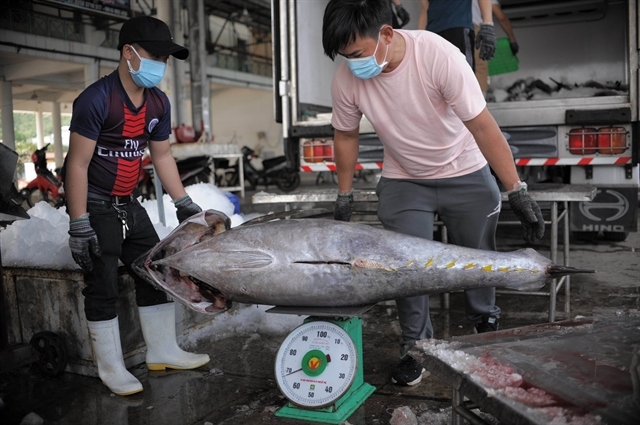EU to raise the bar on supply chains
Vietnamese producers are facing the Herculean task of changing their business practices to adapt to the global control of suppliers required by the EU's new supply chain law.

Several European countries have already enacted laws to improve human and environmental rights along the supply chain. On February 2022, the European Commission doubled the effort by presenting its proposal for an EU-wide law on corporate sustainability obligations - The Corporate Sustainability Due Diligence Directive (CSDD).
On June 1, 2023, the EU Parliament (EP) approved the proposal with 366 votes in favour and 225 against (38 abstained). The results mean the negotiations between EP and its member countries would start later this month, which are likely to center around disagreements over its scope and at which date it would come into force.
Tran Thi Hong Lien, deputy general director of the Bureau for Employer's Activities, said according to OECD Due Diligence Guidance for Responsible Business, business activities could result in adverse impacts related to corporate governance, workers, human rights, the environment, bribery, and consumers.
Due diligence is the process companies should carry out to identify, prevent, mitigate, and account for these impacts in their operations, their supply chain, and other business relationships.
The definition indicates that the obligation to conduct due diligence is not limited to a defined range of activities within their operations, but it extends to all their upstream and downstream business relationships in the supply chain.
For instance, a foreign company operating in Vietnam, under the due diligence requirement, would be obliged to check how its Vietnamese partners treat their workers and whether they comply with environmental regulations, apart from their financial situation.
"Due diligence will no longer be an option but a must-have for those wanting to participate in the EU's supply chain," Lien said.
The deputy general director was concerned that the due diligence requirement would pose a significant compliance challenge to Vietnamese small- and medium-sized companies (SMEs) because checking the entire supply chain would entail additional huge costs to their operations.
She accordingly called on tier-one companies to support those with higher tier levels to get them financially well-prepared for the upcoming supply chain directive.
Do Thi Thuy Huong, deputy head of the Vietnam Association for Supporting Industries, said the due diligence requirement is not a compliance burden but rather an opportunity for Vietnamese companies to improve their productivity.
"Adherence to the directive will not only guarantee their survival in the supply chain but also give them other long-lasting advantages," said Huong.
Nguyen Hoang Ha, programme officer at the International Labour Organization in Vietnam, underlined several obstacles in the way of Vietnamese SMEs trying to participate in the global supply chains.
The obstacles involve capital assessibility, technology availability, and productivity. He thus called for broad-based support for SMEs to help them gain grounds in the international commercial scenes.
